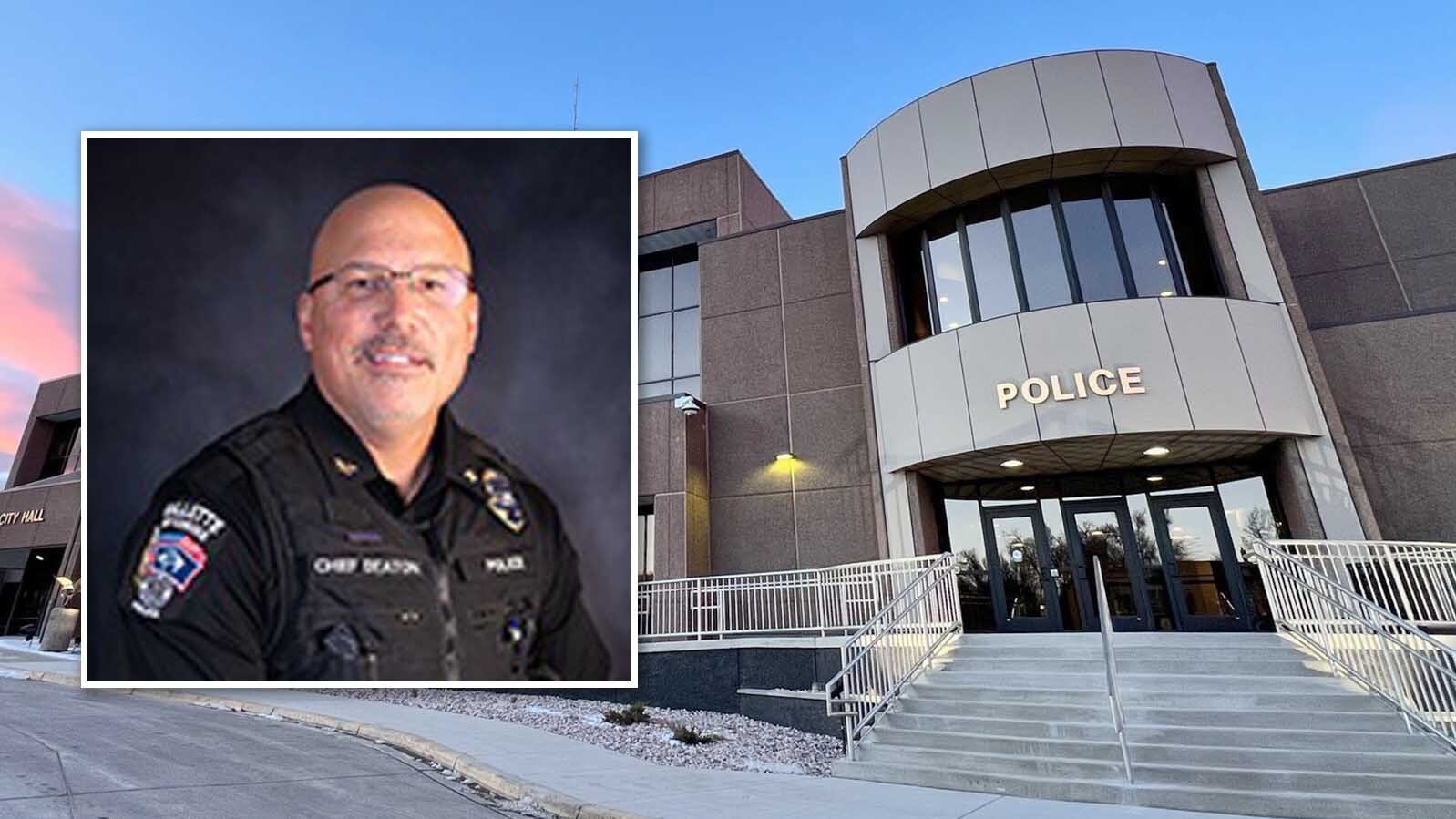Sheridan County School District No. 2 board leadership unconstitutionally restricted a local man’s speech rights, a federal judge ruled this month.
U.S. District Court Judge Alan B. Johnson permanently blocked school board officials from using the board’s “personnel policy” to keep public speakers at school board meetings from referring to individual staffers by name. Doing so was unconstitutional, the judge ruled Friday.
The school district may appeal, Superintendent Scott Stults told Cowboy State Daily in a Tuesday email.
“The court decided in favor of the school district in part and in favor of Mr. Pollak in part. The School District is pleased with the portion of the ruling upholding its policies,” Stults wrote. “However, the school district is obviously disappointed with the portion of the ruling that holds the policy was not correctly applied to Mr. Pollak in one instance. The school district is considering an appeal back to the Tenth Circuit with respect to this issue.”
The dispute began at a Feb. 7, 2022, Sheridan County School District 2 board meeting, where county resident Harry Pollak started criticizing district Superintendent Scott Stults over a three-month-long mask mandate the district implemented in the autumn of 2021 due to a surge in COVID-19 cases in the county.
Pollak had called for Stults’ resignation.
“Mr. Pollak felt strongly that the mask requirement was wrong,” the order recounts. “He and his wife signed a petition calling for the resignation of board members in September, and in October he emailed the Board requesting the resignation of Superintendent Stults.”
Then-Board Chair Susan Wilson cut Pollack off during the public comment section of the meeting, saying he could not discuss personnel matters, per board policy.
The pair argued. Eventually she called a recess and asked police to escort Pollak out.
At that meeting Wilson also said, “We do not talk about personnel unless it’s favorable things. We always like to hear those,” according to the ruling.
Pollak sued Wilson and other board members, calling the policy unconstitutional.
The case had a long road: it was rejected by the federal court and an appeals court, so Pollak re-filed with more specific claims and evidence. Pollack’s most recent argument is that the board’s policy is unconstitutional altogether and was unconstitutionally applied to him.
And The Court Ruled
Johnson ruled that the personnel policy is constitutional, but the board violates the First Amendment if it uses that policy to bar public speakers from mentioning staffers.
That’s not reasonable, wrote the judge.
And the board enforced that policy unconstitutionally against Pollak because he wasn’t allowed to speak about specific staffers, while attendees with different – possibly more positive – viewpoints could.
Viewpoint discrimination is not allowed in limited public forums, a legal definition under which the school board meetings fall, wrote Johnson.
Johnson noted that the current board Chair Shane Rader does not interpret the personnel policy as barring speakers from merely naming staffers. He sees it as barring speakers from airing employment matters, the judge’s order says.
So it’s difficult for a public speaker to know when he’s going to get shut down and when not, as different chairs interpret the policy differently, wrote Johnson.
“Banning (the mention of a staffer’s name) goes far beyond the government interest of upholding decorum and efficiency,” he wrote. “It interferes with the public’s ability to communicate with their government.”
The policy doesn’t inherently discriminate against speakers on the basis of their viewpoint. But the way Wilson applied it to Pollak did, Johnson’s order says.
Pollak also challenged the board’s “offensive speech policy” but failed to show the court how he was harmed by that policy, so he didn’t win that challenge.
Wilson asserted in her defense that she had qualified immunity from being sued. Johnson rejected that defense, since the laws on Pollak’s rights were “clearly established” before his rights were violated, says the order.
Johnson also ordered former school board Chair Wilson to pay Pollack $17.91 in “nominal” damages – which are small figures government officials pay to acknowledge that they’ve wronged someone. Pollack also can recover his attorney fees from the board, says Johnson’s Friday order.
Clair McFarland can be reached at clair@cowboystatedaily.com.





